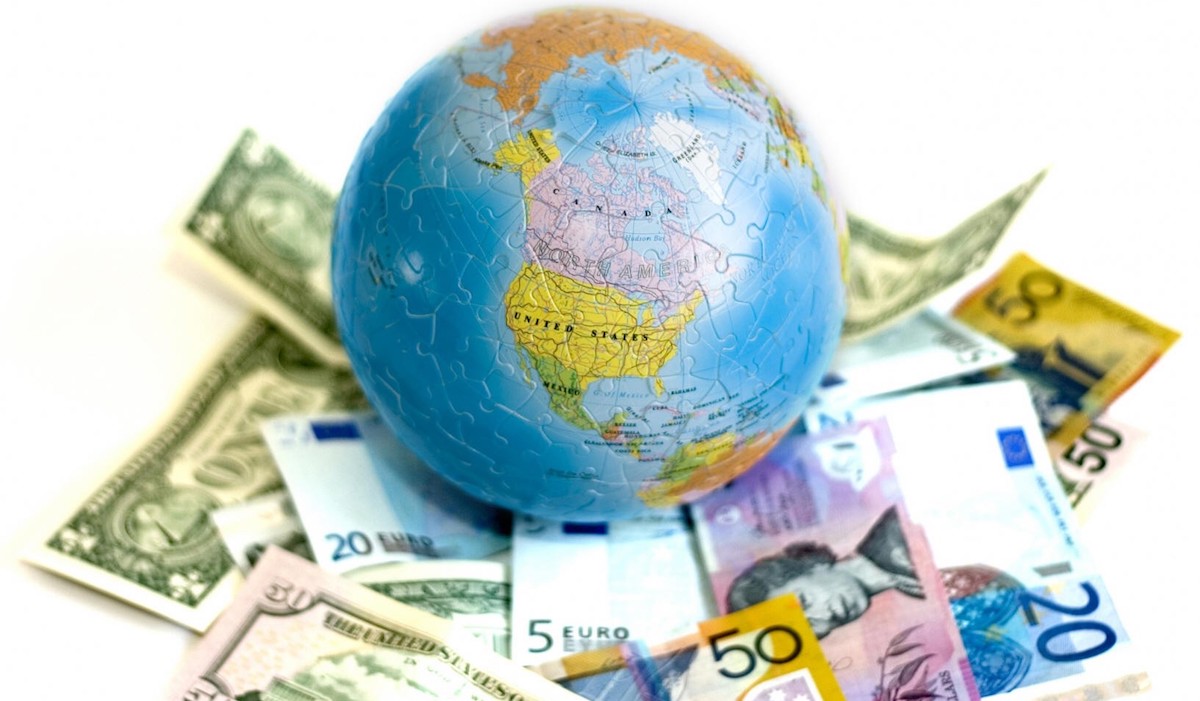Foreign Direct Investment (FDI) has continued to decrease in the first semester of 2017. The drop is attributed to higher taxes, the sustained drop in petroleum prices, and the lack of any large investments, such as the sale of Isagen, a national energy company bought by Brookfield Asset Management in 2016. That investment injected US $3.4 billion dollars into the country, and represented almost a quarter of last year’s foreign direct investment, a total of US $13.593 billion dollars.
From 1994 to March of the present year, it was determined that 168 billion dollars have been invested in Colombia, with funds from the United States was the main contributor (20%), followed by Panamá (13%), England (11%) and Spain (9%). The remaining 47% of this investment came from other 75 countries such as Bermuda, Switzerland, the Cayman Islands. It is important to note that some of this investment, including that from Panamá and the Cayman Islands, originated from Colombian citizens who maintain off-shore bank accounts in those countries.
For the first trimester of this year, direct foreign investment was of $US 4.249 billion dollars, representing a drop of 8.6% (US $400 million dollars less) from the first trimester of 2016. This drop was specifically attributable to a fall in different sectors such as petroleum, hydrocarbons, mining, electric power and water, during the first six months.
Furthermore, the balance of payments indicated that Canada disinvested the equivalent to 2.82% of last year’s foreign direct investment. At the same time, new investments from the following countries decreased as follows; Bermuda’s investment decreased by 95.6%, 84.6% for Netherlands, 19.2% for the United Kingdom and 7.7% for the United States. The countries that are investing more in Colombia include Barbados (108%), Mexico (32.5%), Panamá (30%), Switzerland (16.3%) and Spain (4.4%).







